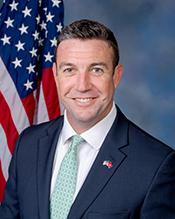0
Vessel Incidental Discharge Act
1/11/2023, 1:28 PM
Congressional Summary of HR 980
Vessel Incidental Discharge Act
This bill requires the Coast Guard to establish and implement enforceable uniform national standards for the regulation of discharges incidental to the normal operation of a vessel into navigable waters. The Coast Guard's existing rule for ballast water discharges incidental to the normal operation of a vessel are adopted until those performance standards are revised or a more stringent state standard is adopted. Ballast water is water taken aboard a vessel to control stability or during the operation of a vessel's ballast water treatment technology.
Within two years, the Coast Guard must establish best management practices for discharges incidental to the normal operation of a vessel other than ballast water.
By January 1, 2020, the Coast Guard must complete a feasibility review to determine whether revising ballast water performance standards will result in a scientifically demonstrable and substantial reduction in the risk of introduction or establishment of aquatic nuisance species. The Coast Guard must establish a revised standard based on the ballast water treatment technology available. Further revisions to the performance standards are to be considered every 10 years.
This bill establishes a certification requirement for ballast water treatment technology. The Coast Guard may not approve a technology if it uses a biocide or generates a biocide that is a pesticide.
This bill establishes a petition process for a state seeking to enforce a state or local statute or regulation related to ballast water discharges incidental to the normal operation of a vessel that is more stringent than federal performance standards.





